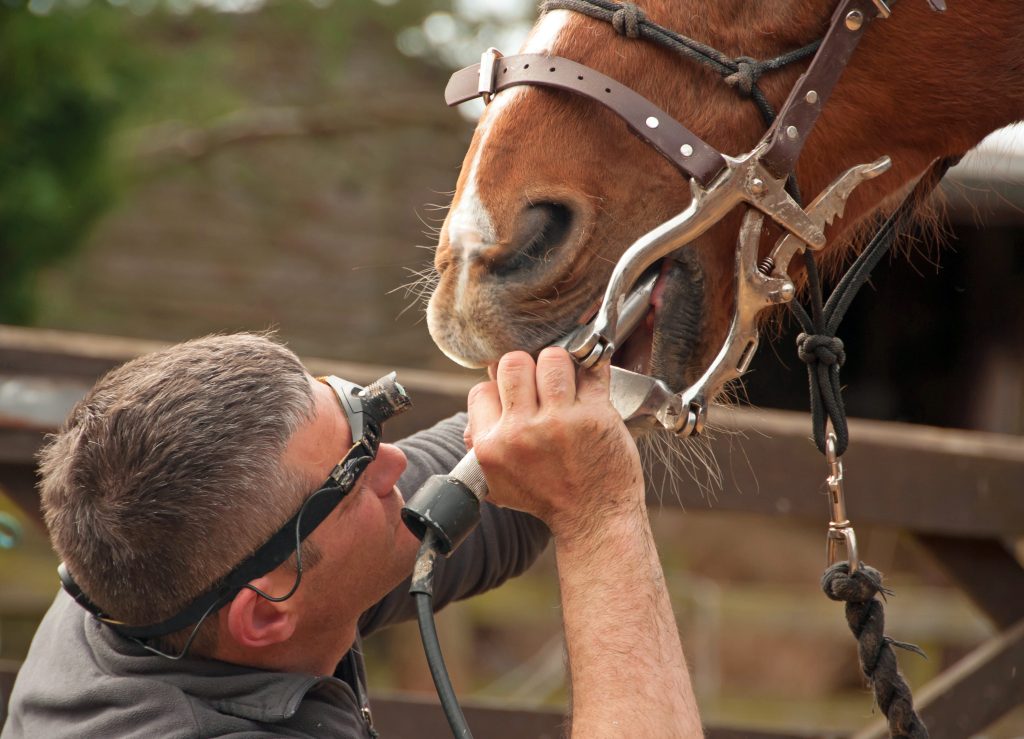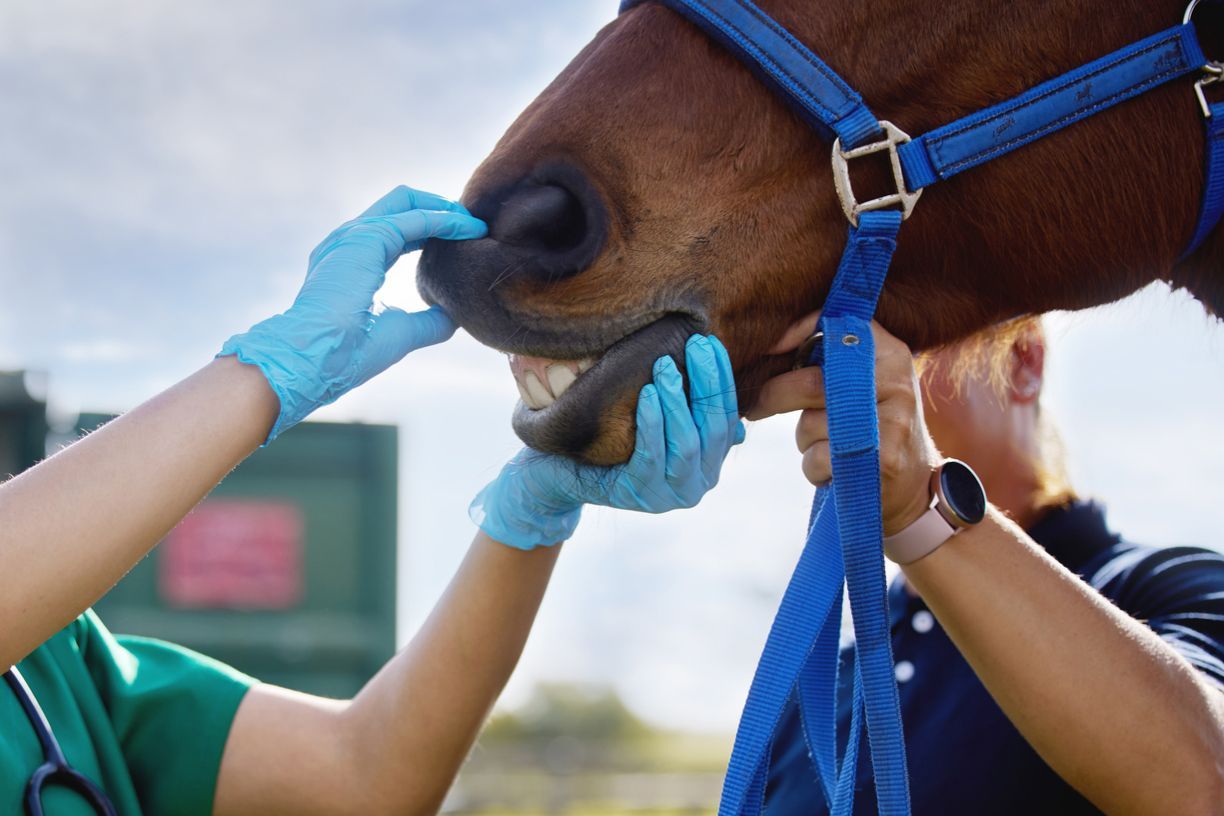When it comes to equestrian care, understanding the various health issues that can affect horses is crucial. One such concern is horse mouth swelling. This condition can be alarming for horse owners, and addressing it promptly is vital for the well-being of the animal. In this article, we will delve into the causes, symptoms, and treatment options for horse mouth swelling, providing valuable insights for horse enthusiasts.

Understanding Horse Mouth Swelling
Horse mouth swelling can occur due to a variety of reasons, and it is essential to identify the underlying cause to provide appropriate treatment. Swelling in a horse’s mouth can affect their eating habits, overall health, and behavior. Recognizing the signs early can help prevent more severe complications.
Common Causes of Horse Mouth Swelling
Several factors can lead to horse mouth swelling. Some of the most common causes include:
- Dental Issues: Problems such as sharp molars can cause irritation and swelling in a horse’s mouth.
- Infections: Bacterial infections can lead to inflammation and swelling in the mouth area.
- Oral Tumors: The presence of tumors can cause noticeable swelling and discomfort for the horse.
- Foreign Objects: Sometimes, foreign objects can get lodged in a horse’s mouth, leading to swelling.
Recognizing the Symptoms
Identifying the symptoms of horse mouth swelling is crucial for early intervention. Some signs to watch out for include:
- Difficulty eating or chewing
- Excessive drooling
- Visible swelling or lumps in the mouth area
- Bad breath
- Behavioral changes, such as irritability
Diagnosing Horse Mouth Swelling
If you notice any of the above symptoms, it is essential to consult a veterinarian for a proper diagnosis. The vet may conduct a thorough examination of the horse’s mouth and may recommend further tests, such as X-rays or biopsies, to determine the cause of the swelling.
Treatment Options
Treating horse mouth swelling depends on the underlying cause. Some common treatment options include:
- Dental Care: Regular dental check-ups and addressing issues like tooth grinding problems can prevent and treat swelling caused by dental issues.
- Antibiotics: If an infection is causing the swelling, antibiotics may be prescribed to combat the bacteria.
- Surgery: In cases of tumors or severe dental issues, surgical intervention may be necessary.
- Removal of Foreign Objects: If a foreign object is causing the swelling, it will need to be carefully removed by a veterinarian.
Preventive Measures
Prevention is always better than cure. To prevent horse mouth swelling, consider the following measures:
- Schedule regular dental check-ups for your horse.
- Maintain a clean feeding environment to reduce the risk of infections.
- Monitor your horse’s behavior and eating habits closely.
- Ensure your horse’s diet is balanced and provides all necessary nutrients.
The Importance of Regular Dental Exams
Regular dental exams are vital for maintaining your horse’s oral health. These exams can help identify potential issues early, preventing severe complications. For more information on the importance of dental exams, you can visit this link.
When to Call a Veterinarian
If you notice any signs of horse mouth swelling or if your horse seems to be in pain, it is crucial to contact a veterinarian immediately. Delaying treatment can lead to more serious health issues and discomfort for your horse.
Potential Complications
Ignoring horse mouth swelling can result in complications such as infections spreading to other parts of the body, difficulty eating leading to malnutrition, and behavioral changes due to pain.

FAQs about Horse Mouth Swelling
1. What causes swelling in a horse’s mouth?
Swelling in a horse’s mouth can be caused by dental issues, infections, oral tumors, or foreign objects.
2. How is horse mouth swelling treated?
Treatment depends on the cause and may include dental care, antibiotics, surgery, or removal of foreign objects.
3. Can horse mouth swelling be prevented?
Yes, regular dental check-ups, a clean environment, and monitoring eating habits can help prevent horse mouth swelling.
For more detailed information on equine dental care, you can visit this resource.
This article contains affiliate links. We may earn a commission at no extra cost to you.
